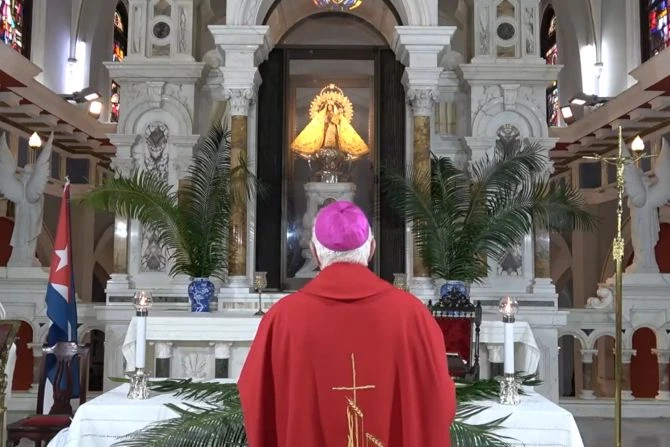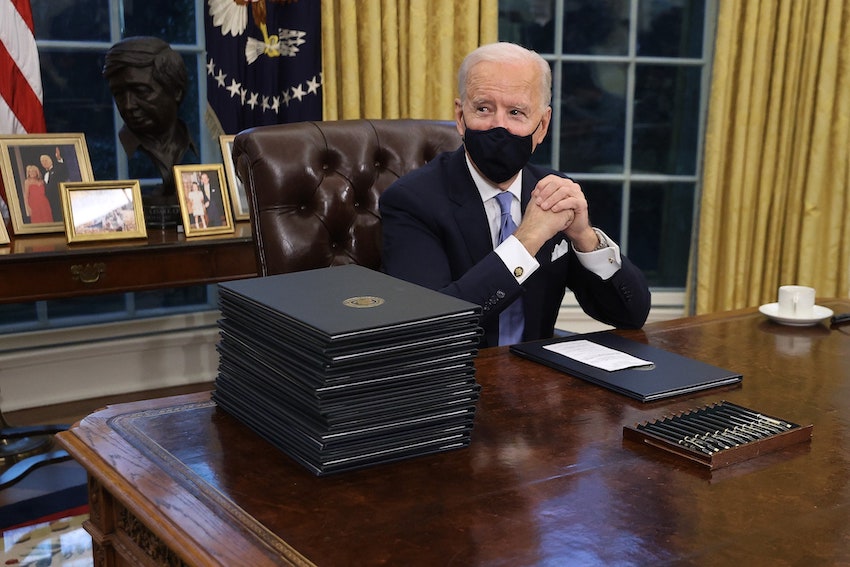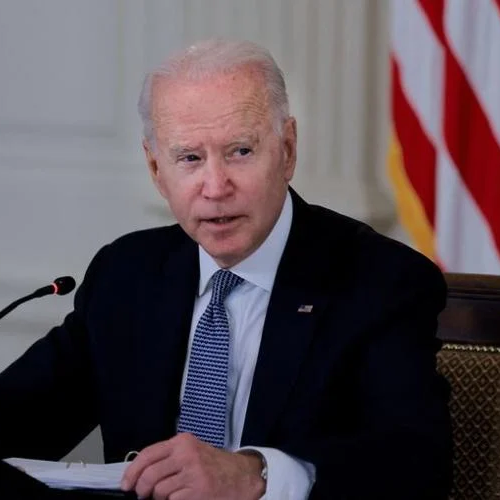




On January 15, 2025, President Joe Biden announced plans to remove Cuba from the U.S. State Sponsors of Terrorism (SSOT) list, a decision that has been met with mixed reactions. This significant shift in U.S.-Cuba relations comes as part of a deal involving the gradual release of 553 political prisoners, a move facilitated through negotiations with the Catholic Church [c1bf2921][3044270a].
Cuba's release of these prisoners on January 14, 2025, was framed as part of the Ordinary Jubilee of 2025, and the decision was communicated to Pope Francis [a35fb702]. While the Cuban government did not specify how many of the released individuals were political prisoners, geopolitical expert Alberto Fernández suggested that the release was motivated by economic and political exchanges with the Biden administration [a35fb702]. Biden's administration concluded that there was no credible evidence supporting claims that Cuba currently engages in terrorism, a designation reinstated by Trump in January 2021 [c1bf2921]. The removal from the SSOT list is expected to lift restrictions on financial assistance and trade, as well as revoke financial restrictions on military- and government-linked businesses in Cuba [0e4d06f7].
Cuban officials, including President Miguel Díaz-Canel, welcomed the announcement, describing it as a step 'in the right direction' that could help normalize relations and improve the island's struggling economy [0e4d06f7]. However, critics argue that Biden has largely rejected requests from Havana to reverse Trump's policies since taking office, suggesting that this move may be too little, too late [76bad9a7]. Namibia's President Nangolo Mbumba praised Biden's decision as long-overdue and unjust, emphasizing the need for further actions to improve U.S.-Cuba relations, particularly the end of the economic blockade [3044270a].
While supporters view this decision as a chance for relief amid Cuba's ongoing economic crisis, critics, including Republican lawmakers like Senator Rick Scott, have labeled the move as reckless, arguing that it may inadvertently strengthen the Cuban government without adequately addressing pressing human rights issues [c1bf2921][0e4d06f7]. The embargo against Cuba, which has lasted for 63 years, remains in place, severely impacting the Cuban economy and access to essential goods [76bad9a7].
The discourse surrounding Cuba's designation has intensified, with a coalition of former world leaders and nearly 600 parliamentarians from 73 countries advocating for the removal of Cuba from the terrorism list, arguing that the sanctions have led to severe humanitarian crises [0e4d06f7]. Colombian President Gustavo Petro also welcomed the move, emphasizing the importance of dialogue in resolving tensions [c1bf2921]. However, the broader U.S. economic blockade remains a significant concern for Cuba, particularly as the country has seen over a million citizens migrate in recent years due to shortages exacerbated by sanctions [0e4d06f7].
The Christian Liberation Movement criticized the release of prisoners as bartering political prisoners for economic benefits, while Prisoners Defenders highlighted that those released may still face restrictions and unfavorable conditions [a35fb702]. Notable released prisoners include José Daniel Ferrer and Donaida Pérez, with Liván Hernández Sosa describing his release on parole with restrictions [a35fb702]. As the political landscape shifts, uncertainty looms over the future of U.S.-Cuba relations, especially with the incoming Trump administration, which may seek to reverse Biden's decision when Trump takes office on January 20, 2025 [0e4d06f7]. The potential for reconciliation between the two nations hangs in the balance as hawkish officials may complicate the prospects for improved relations [0e4d06f7]. The announcement is expected to provoke a reaction from incoming Secretary of State Marco Rubio, further highlighting the ongoing political gamesmanship between Democrats and Republicans regarding Cuba [76bad9a7].